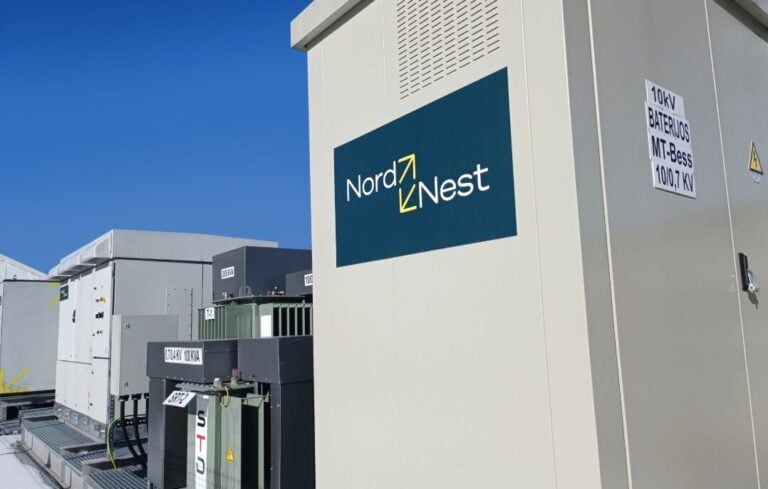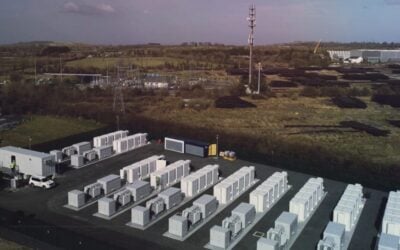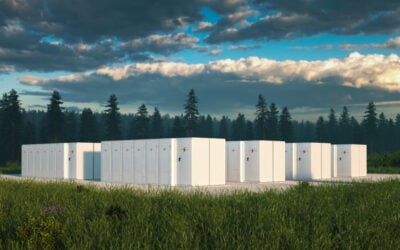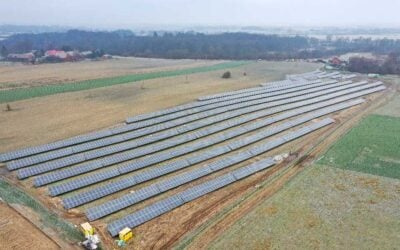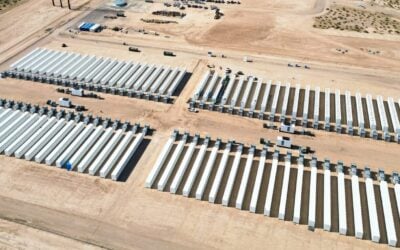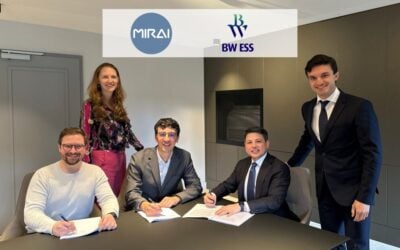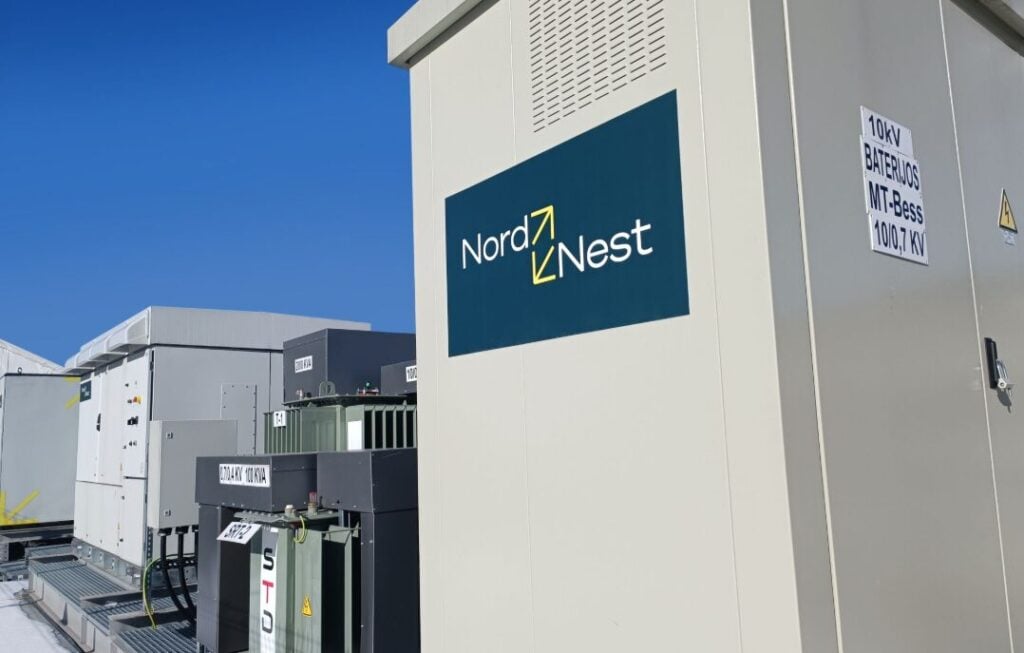
IPP E energija Group has started building what it claims is the largest ‘private’ BESS project in Lithuania, a few weeks after the Baltic region decoupled from Russia’s electricity grid.
The 120MWh battery energy storage system (BESS) project near Vilnius, the capital of Lithuania, will come online by the end of 2025.
This article requires Premium SubscriptionBasic (FREE) Subscription
Enjoy 12 months of exclusive analysis
- Regular insight and analysis of the industry’s biggest developments
- In-depth interviews with the industry’s leading figures
- Annual digital subscription to the PV Tech Power journal
- Discounts on Solar Media’s portfolio of events, in-person and virtual
Or continue reading this article for free
The BESS will provide balancing services to the grid, primarily FCR, aFRR, and mFRR, as well as balance supply and demand on the grid.
“Although the average electricity consumption in Lithuania is around 1,500 megawatts, the installed capacity of both solar and wind power plants is expected to exceed 2,000 megawatts in 2025, enabling surplus electricity to be stored and supplied to consumers during peak hours”, said Gediminas Uloza, CEO of E energija Group.
Local system integrator will supply the energy storage solution, using battery units from CATL, power conversion systems (PCS) from Power Electronics, and its own proprietary energy management system (EMS), NordNest.
E energija Group claimed the solution meets the strictest requirements of the country’s transmission system operator (TSO), enabling it to provide services across the Baltics and facilitate the integration of interconnections.
The Baltic region only a few weeks ago disconnected from the BRELL grid operated by Russia and connected to that of Continental Europe, via a Lithuania-Poland connection.
A set of four 50MW BESS projects owned by state-owned vehicle Energy Cells, deployed by it and system integrator Fluence for TSO Litgrid, helped the country manage the ‘island’ mode between the two parts of the process. (That project is probably the reason for the ‘private’ aspect of E energija’s claim.)
In late 2024, the EU approved a €180 million (US$188 million) support package for over 1.2GWh energy storage in Lithuania, covering a maximum of 30% of the projects’ capital expenditure costs via a competition auction set to conclude before the end of 2025.
E energija Group is an independent power producer (IPP) which has primarily deployed wind and solar in and around the Baltics to-date.
Read Next
As Europe’s BESS industry matures, project owner-operators are taking on more control – and risk – when it comes to procuring technology and services for their projects.
Energy software and consulting group Ascend Analytics CEO Gary Dorris discusses changes to ancillary services in the Electric Reliability Council of Texas (ERCOT) market and what asset optimisers need to do to stay ahead of the curve.
Latvia state-owned utility and power generation firm Latvenergo intends to deploy 250MW/500MWh of BESS in the next five years.
Longroad Energy has secured a power purchase agreement for one of its hybrid solar and BESS projects in California with Marin Clean Energy.
Most Popular
Email Newsletter
This site is operated by a business or businesses owned by Informa PLC and all copyright resides with them. Informa PLC’s registered office is 5 Howick Place, London SW1P 1WG. Registered in England and Wales. Number 8860726.

